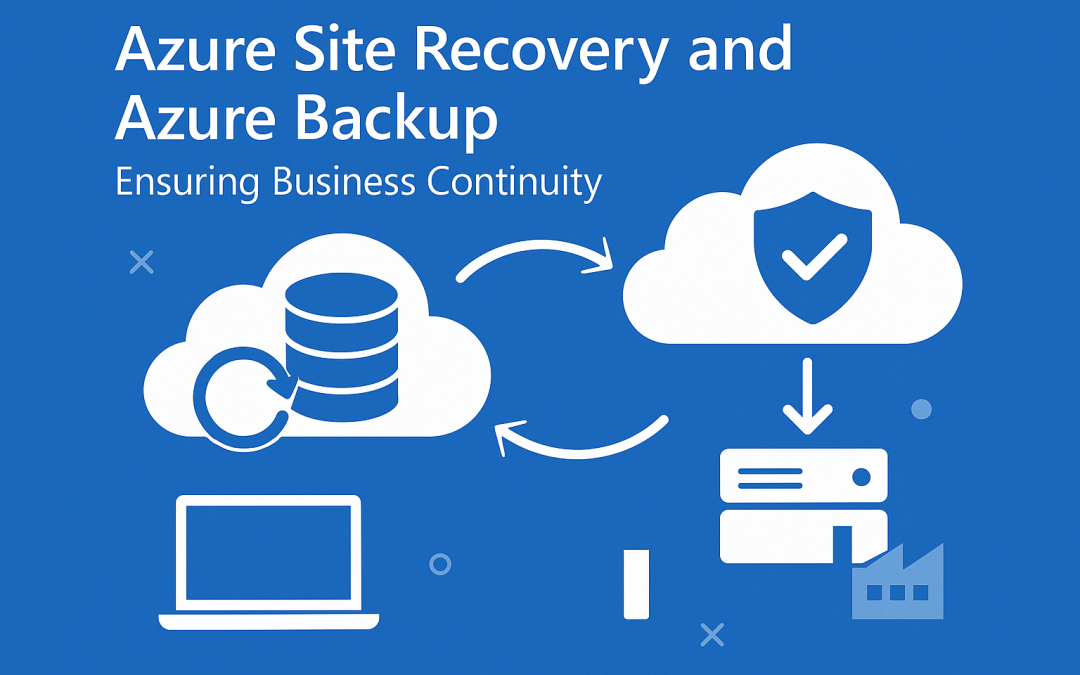Before listing its pros and cons, let’s understand what’s shared hosting?
An easy explanation is a fact that it is a form of web hosting in which multiple sites, often belonging to several businesses, are hosted on precisely the same server. A system administrator will usually have control over maintenance and the setup of the servers.
I hope you got an idea about it. If not! Learn more about what is Shared hosting here.
Now, let’s explore some shared hosting pros and cons.
What are the Advantages of Shared hosting?
Effortless to set up and run websites
Shared web hosting is quite easy to use, even amateurs without hosting experiences can get started with a web hosting immediately. You do not have to configure the server. All shared hosting service providers upgrade and will install the shared server, install all of the applications that are essential for you to get on with your work.
Most of them will also monitor(24*7) the servers to prevent downtime, fix safety issues to be sure the server security and site uptime are top-notch.
Usually, the best-shared hosting service providers, like Bluehost, Justhost, Arvixe, can help you set up your hosting accounts immediately. You can even begin using their hosting support immediately as soon as you make the payment.
If you select a server that is dedicated it takes a couple of times for your web host to set the server up. They will only set up the Operating System (OS) of the host, if you require customer support or other customized configuration, you might have to pay additional charges for it.
Since you have got the brief of all the advantages that Shared Server may offer you with, here’s a quick list of pros that shared server might bring to you:
- Budget-Friendly: in contrast to additional paid hosting plans, shared hosting is cheaper. The users need to share the resources in a server which makes the services economical for everyone.
- Ease of use: Shared hosting is among the most straightforward hosting choice available in the marketplace. It permits you to readily access configured applications or technology that are pre-installed through easy to use control panel.
- Convenience: You do not require any technical skills to access the shared server and host your site. No need for contracting an expert to handle your web hosting services and database thus, making it a convenient means to sponsor a small business website.
- No management issues: Your hosting business can look after the management and maintenance of hosting infrastructure. You do not need to fret about admin jobs.
- Multiple database choices: Shared hosting supply users with numerous database options.
- PHP/MYSQL support: A shared server offers support to customers on using PHP, MySQL, and MSSQL.
- 24/7 support: It offers 24-hour support to users through emails, live chat, or telephone calls. You are able to quickly contact the support team for any other problem or for assistance.
- Authenticity: Due to around the clock supervision along with the technical support you receive makes a shared server more dependable and reliable.
- Effortless migration: If you want to change the supplier, you can enjoy secure migration solutions.
- Appropriateness: It is acceptable for small businesses or newcomers on the web with few prerequisites.
What are the Disadvantages of Shared hosting?
There’s no doubt shared hosting is one amazing service to leverage, but it does have a few cons that may hinder you from choosing it.
Chances of Poor customization flexibility
You’ll have less privilege to access and manage the server, as hosting servers have numerous websites on the same host. As it may prevent modifications to the server that may affect different websites or hosting users, this is good at most of the moment. For innovative customers that want permission to customize and configure the server, this could be a deal-breaker.
For example, if you’re going to assign a static IP address to your site, you’ll discover many shared hosting plans do not permit it. Let us choose the most common shared hosting service supplier, Bluehost, for instance. They provide two shared hosting packages, shared hosting, and innovative shared hosting. The plan doesn’t support static IP. If you’re in need of it, you have to choose or upgrade to the shared hosting package. You can’t set up a server script to the shared server. Unlike a dedicated host, you’ve got the full permission to configure and to access the host, such as scripts and those server system software.
Before discussing some other cons in detail, let us list the ten most significant disadvantages listed by shared server users:
- Security issues: A shared host does not allow you to install some features like anti-virus programs to protect your website. If malicious applications are run by one of the hosted websites, it affects the rest of the sites in the server. However, they do conduct timely security checks on their servers.
- Limited resources: The host resources are shared amongst all websites hosted on the server. Thus, you need to compete for resources with the rest of the sites registered on the same server. Your site may run slow due to higher web traffic making some repositories unavailable.
- Insufficient customization: Hosting firm permits you to just install default configurations of CMS apps, and you can’t alter the system files to raise the performance of your website.
- No control: The hosting company has control of their web server, and you can only utilize the resources allocated to you. Limited access to back-end technicalities.
- The rate of access: If you have a great deal of data to process, it may make the website very slow since other users are also relying on the exact same server. In such cases, moving to dedicated servers might be a great idea.
- Server overload: Increased web traffic in the hosted sites may overload the host, which makes it freeze-up sites.
- Document permission dangers: in the event that you wrongly configure file access configurations, other users on the host can quickly get into your files.
- Cyberattack risks: The web server is more prone to cyberattack by hackers or crackers, resulting in access to confidential info.
- Few features: Shared hosting provides users with a couple of attributes to use or gain from.
- Normal resource restrictions: Each site on the server faces routine resource restrictions in order to utilize the available CPU, RAM, and electricity.
Less Bandwidth and Server resources
You will have less bandwidth and server resources in comparison to those dedicated hosting servers since your sites and domains will be hosted on precisely the exact same server with other hosting accounts. Once your site becomes very popular, you have to migrate it to a dedicated server for steady performance and access.
Your sites will also be impacted if places on the host are using server or bandwidth resources. You can’t pick your neighbors. Although your hosting company will keep watching the host and its performance and take action that is required to stop system resources being consumed by those sites, you have the more downtime hazard. If you do not need to be bothered by these’bad neighbors,’ then you should consider hosting.
The major disadvantage of shared hosting for me is the lack of management of applications stack of your sites. The site owner renting shared hosting space does not control the database version in use, the specific settings of the database, the internet server variant (Apache, Lite Speed, etc.), and the parameters of their server. I have seen shared hosting programs letting PHP version’s choice just. You can quickly realize them with a VPS hosting area but not in a shared hosting if you have specific requirements online server or the database.



